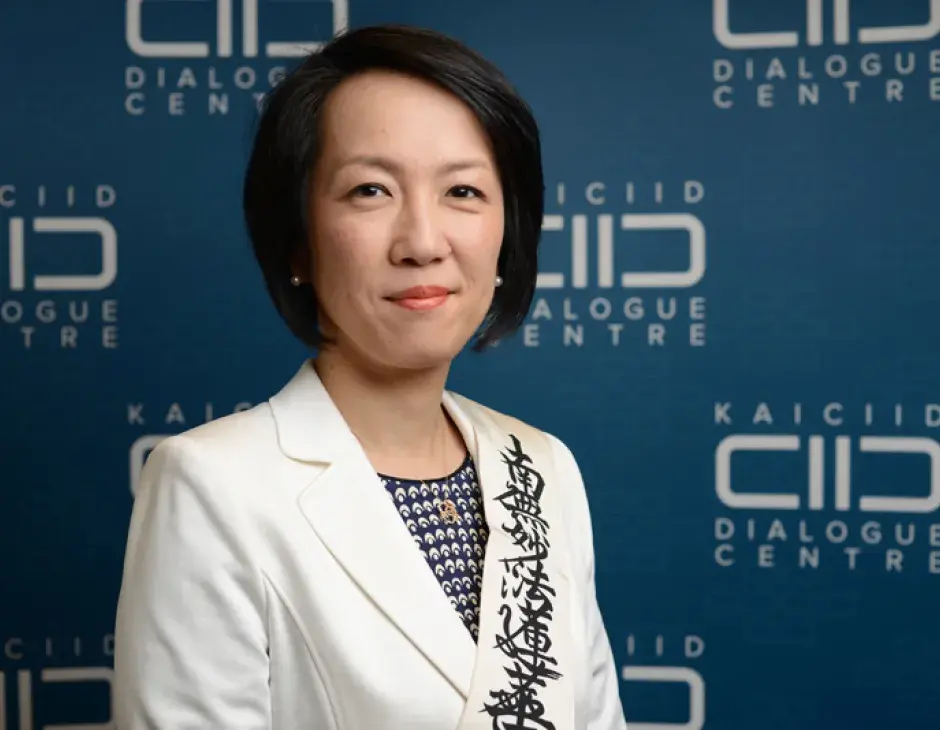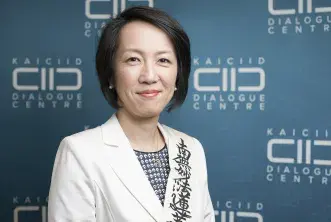Voyager 1, a space probe launched by NASA 39 years ago in 1977, left our solar system in 2012 and entered interstellar space. As an artificial object, it has traveled the farthest and has been updating the record in human history.
Voyager 1 completed its mission to explore the planets Jupiter, Saturn, and Uranus, and as it left the solar system, it sent back 64 photographs. In them, we see the Earth photographed from a distance of 6.5 billion kilometers.
NASA’s director of research, looking at one of these photographs, spoke in a pensive tone. “Ladies and gentlemen, please take a good look at this photograph. This spot as tiny as the head of a pin is where you now are. Your families and the pets that you love are all here. The enemies you are fighting with, they are here, too. I want you to remember that everything and everyone are here on this tiny speck. Please take a close look, for around that tiny speck is nothing but black space and if that small speck, our Earth, ever has an emergency, there is no indication whatsoever that help will be coming from anywhere!”
To me, these words of the NASA research director sounded like the words of God, the words of the Buddha.
It goes without saying that human beings cannot exist without this planet Earth. Venus, which has its orbital path inside that of the Earth’s, is so close to the sun that it is a scorching hot planet. And Mars, with its orbital path outside that of the Earth’s, seems unable to support any form of life. The miraculously perfect distance between the sun and the Earth allows us to receive the right amount of light and heat to maintain our rich resources of water.
All of us now here on this Earth are receiving the gift of life as human beings. In other words, we are caused to live, thanks to the support we continue to receive from all existence in the universe. The only words that can come close to describing this fact are “sublime,” “mysterious,” and “miraculous.” When we open our eyes to this truth, we gain renewed awareness that not only our own lives, but all life is imbued with the same sacred dignity.
Living together, here on planet Earth, are peoples with different values, different faiths, different ethnicities, and different nationalities. This diversity is our richness and, at the same time, the source of so many difficulties. However, as long as we are all on the same planet Earth, by the grace of God and the Buddha, we must live together, tolerant of our diversity.
Of course, by encountering some existence different from ourselves and by knowing other people, we are able to know ourselves and contemplate ourselves. And by finding our shared values, we can cooperate and work together.
The fact is, however, that things are not so simple. Civil conflicts and terrorist attacks are on the increase in every part of the globe. Violence leaves scars on people’s bodies and minds, and at some point, their bitterness and hatred are taken for a pattern of discord and friction between peoples, between religions, between nations, and even between civilizations.
But is this point of view really correct? Violence, after all, is not deployed by Buddhism, or by Christianity or by Islam, but by human beings. The real problem is human weakness. How should we face it, though? How do we approach humanity, this weak form of existence? Answering these questions is the role of religion.
I would like to quote from a joint declaration made in 2006, at an international conference of religious leaders convened in Hiroshima, Japan: “The causes leading to these problems are found within ourselves. Therefore, the solutions to these problems begin with ourselves. The power necessary to change the world is within you.”
Buddhism has no set definitions of “good people” and “bad people.” According to Buddhist teaching, within all of us there is a mind of goodness and a mind of evil. There are no “bad people” nor “good people” from the beginning. Every single one is a weak existence that changes in accordance with conditions.
For thousands of years, humanity has been saddled with the habit of using violence to solve problems. A great effort is required of us in order to change this old habit.
We absolutely must squarely face the fact that violence lurks deep inside us, and then nurture within ourselves the mind of goodness that accords with the will of God and the Buddha. In doing so, it is most important that instead of denying and excluding those people who use violence to assert themselves, we consider how we can guide them toward the true teaching of God and the Buddha so that we can all live together on this Earth.


